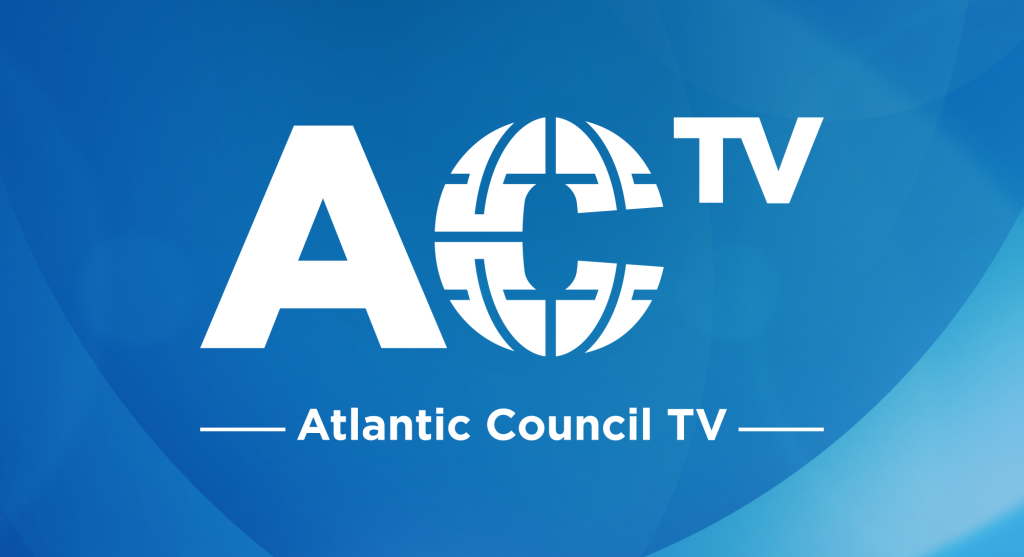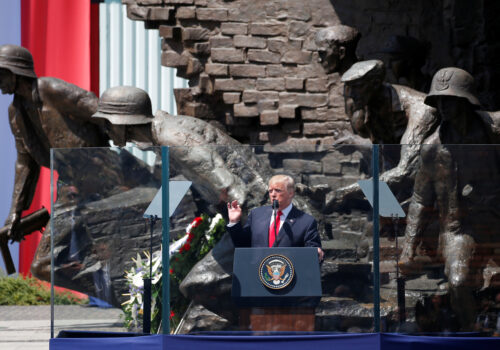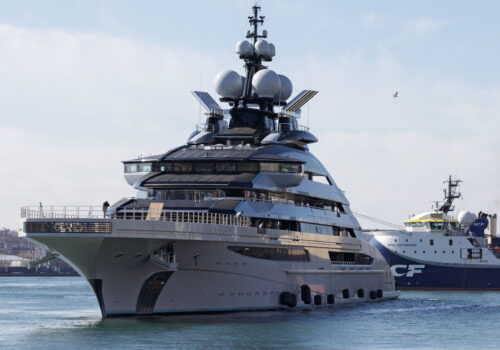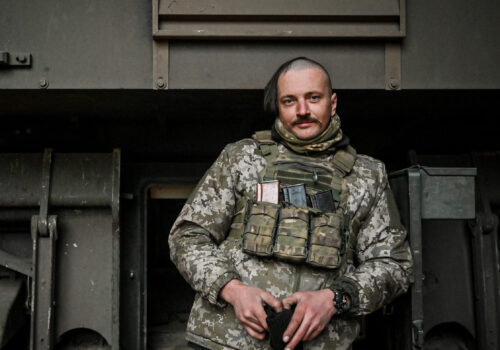Ukraine has surprised the Russians and the world with a lightning strike, which according to the Financial Times, reportedly enabled them to capture one week into the operation as much as 1000 square kilometers of the Kursk Oblast, with forward forces over 35 kilometers from the Russian-Ukrainian border. This operation differs from previous raids into Russia in May 2023 and March 2024 by the quality and size of force strength.
Russian efforts thus far to stop the advance have failed, as Russia declared a “federal-level” emergency in the region, and then a counter-terrorism emergency in the Kursk, Bryansk and Belgorod Oblasts. The criticism of Putin’s “insane war” by Oleg Deripaska, an oligarch close to the Kremlin, highlights the political danger for the Kremlin around Ukraine’s unexpected success. What happens next is not easy to say. Ukraine does not want to extend its supply lines too long; but its forces are positioned to move both north and east, and there are reports that Ukraine is digging defensive lines with a view to holding on to at least some of the taken territory for some time.
What is Ukraine up to? What will happen next? Please join the Eurasia Center for a discussion on the state of the most dramatic land battlefield advance since Ukraine’s 2022 counteroffensive.
Speakers
Debra Cagan
Senior Advisor, Eurasia Center
Atlantic Council
Konstantin von Eggert
Columnist
Deutsche Welle Russian Service
Ambassador John Herbst
Senior Director, Eurasia Center
Atlantic Council
Minister Andriy Zagorodnyuk
Distinguished Fellow, Eurasia Center
Atlantic Council;
Chairman
Center for Defense Strategies;
Former Minister of Defense of Ukraine
Moderated by
issue spotlight

Europe in crisis
War in Ukraine
Experts from across the Atlantic Council are assessing the consequences of Russia’s February 2022 invasion, including what it means for Ukraine’s sovereignty, Europe’s security, and the United States’ leadership.
Presented by

The Eurasia Center’s mission is to promote policies that strengthen stability, democratic values, and prosperity in Eurasia, from Eastern Europe in the West to the Caucasus, Russia, and Central Asia in the East.
Atlantic Council TV

Watch this event and more content on ACTV
Follow the conversations shaping our world. Available on all major platforms.



